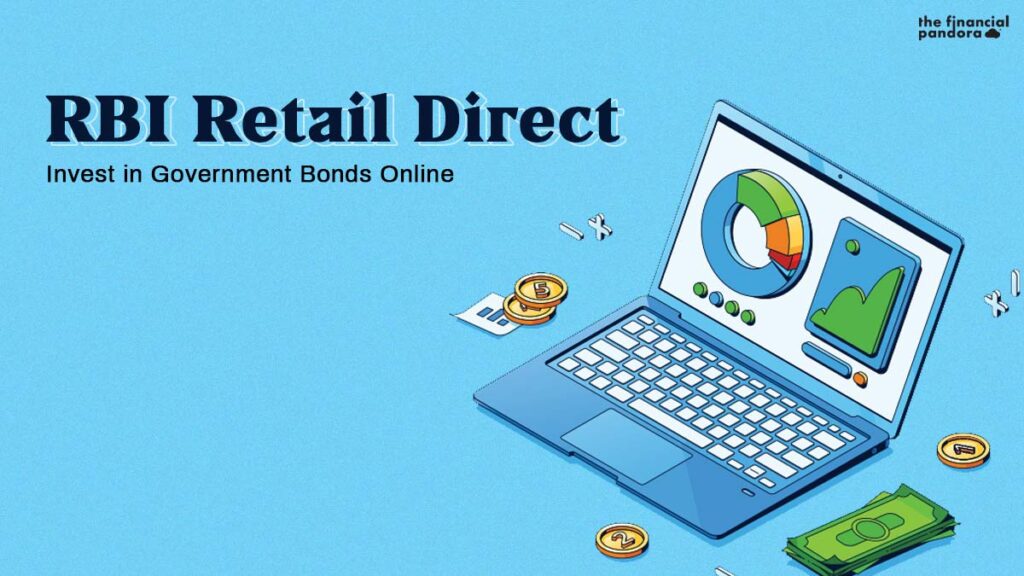G-secs are tradable instruments that are issued by both the Central and the State Governments. The Central Government issues treasury bills and dated securities, while the States issue only dated securities commonly known as State Development Loans. Treasury bills are short-term (usually less than a year), and dated securities are issued for a more extended period (more than a year).
Treasury bills are available in 3 tenure types – 91 days, 182 days, and 364 days. They are discount issues, similar to zero-coupon bonds that are redeemed at par. Dated securities, however, carry an interest obligation that could either be fixed or floating. The interest is generally paid half-yearly, and the tenure ranges from 5-40 years.
It is important to note that these instruments are money market instruments, which are easily accessible only to high-net-worth individuals and entities. Hence, until now, this investment market was dominated by big giants – banks, insurance companies, and mutual funds. The lot size used in trading usually started from Rs.5 crore. This made it very difficult for retail investors to invest in G-secs directly.


